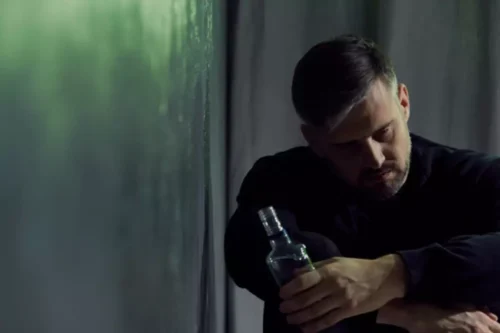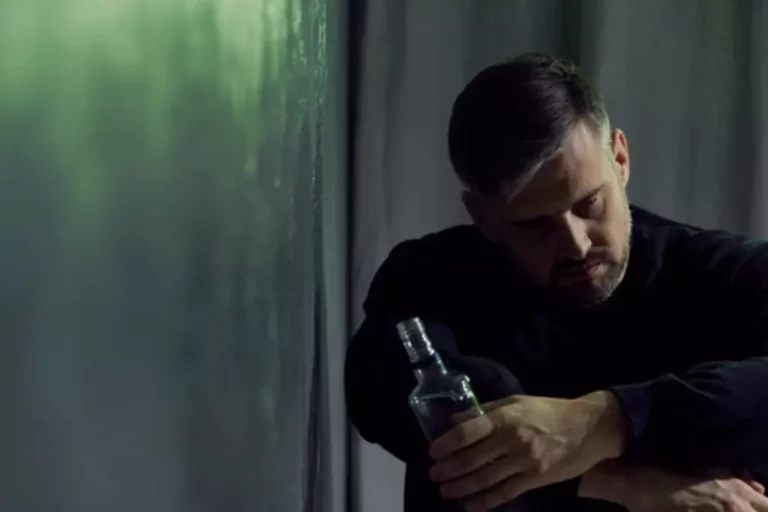
Alcohol rehab helps you taper off alcohol, and it treats other side effects and causes of alcoholism. You should plan to taper for between three and seven days depending on how much you’re used to drinking. Slowly reduce the amount of alcohol you consume each day until you reach sobriety. If you begin to experience serious withdrawal symptoms, drink enough to make the symptoms subside. If you’re addicted to alcohol, it’s unlikely that you’ll be able to recover without some form of addiction treatment.

Cory Monteith – Another Amazing Person Lost After Battling the Disease of Addiction
I’m specifically talking about things like weed, cigarettes, and vaping. If you repeatedly cannot cut back on your drinking or otherwise cannot get lower than a certain point in the taper, this might not be the right method for you. If you mess up once or twice and drink more than you intended to, don’t be too discouraged. You can continue your taper the next day from whatever point you think is appropriate. I’d try to shoot for your original goal the following day if the physical withdrawals were subsiding.
Done With Alcohol? Here’s How To Stop Drinking
If you’re relying on internet searches to find potential treatment centers, make sure to ask these ten questions to find a licensed facility that can meet your needs. Cutting down your alcohol intake may not be as easy as it sounds. People who want to reduce their alcohol consumption often do not realize how much of their social and daily routines alcohol has become. Tapering weaning off alcohol alcohol may be uncomfortable, and there may be subconscious triggers that stimulate the desire to drink alcohol.
Understand the Importance of Tapering

Their encouragement can help you stay motivated and hold you accountable for sticking to your plan. Support from loved ones is invaluable when learning how to wean off alcohol safely. This helps you stay Drug rehabilitation accountable and ensures that you’re following your tapering schedule.
- The idea of detoxing or tapering is to prevent the more severe withdrawal effects.
- The long and the short of it is–tapering off alcohol with medical support can help you quit drinking.
- The severity of withdrawal symptoms can range from mild to life-threatening.
- Early symptoms of alcohol withdrawal usually start about six hours after the last drink.
- But, as many in recovery will tell you, it is only the first chapter in a long process.
Although you can use methods to taper off alcohol at home, the best way to taper is to talk to a doctor. They can monitor your intake and adjust it accordingly to reduce the risk of withdrawal symptoms. Talk to a medical professional if you have any concerns about tapering off alcohol. They can provide recommendations to help you avoid harmful side effects. This is why it is important to stop regular, heavy drinking only under the supervision of medical staff.

- “It’s hard to go anywhere without someone offering you a drink,” says Leah Young, LCPC, Clinical Manager at Pathlight Mood & Anxiety Center.
- For example, one can start by drinking one less drink each day or by limiting alcohol consumption to specific days of the week, such as weekends.
- This journey is often non-linear, and your goals can change over time.
- Alcohol is a central nervous system depressant that affects your brain.
- Discussing these issues with a loved one can help you avoid relapse.
- Gradual reduction of alcohol intake or tapering helps avoid severe withdrawal symptoms that can occur when one stops drinking abruptly.
Most doctors would rather save the beds in their psych wards for people who are actually suicidal and send you home. As such, there is only limited guidance available about the best ways to taper. Alcohol can stay in your system for several hours depending on how much you drink.
- It teaches you healthy ways to cope with stress and techniques for overcoming the underlying causes of alcohol addiction.
- As you reduce your alcohol consumption, you may notice improvements in mood, anxiety, and overall mental well-being.
- When you’re reducing alcohol consumption, it’s important to focus on your physical health.
- If you are already at risk of heart attacks or strokes because of conditions such as obesity or preexisting high blood pressure, monitor your blood pressure carefully.
- However, it can be challenging to stick with a long-term tapering schedule, so you have to find the right balance for you.
DO NOT ATTEMPT SELF TAPER IF:
Working with a medical professional to taper your alcohol consumption can help the likelihood and severity of alcohol withdrawal symptoms. Instead of quitting alcohol cold turkey, you can steadily reduce your consumption so that your body has time https://ecosoberhouse.com/ to gradually readjust to absence of alcohol. It’s important to note that stopping drinking can be dangerous and even life-threatening. It’s vital to speak with a medical professional before you begin weaning off alcohol to ensure you have a plan to do so safely.
- When you drink heavily, alcohol is present in your bloodstream constantly.
- Even with careful tapering, some people may still experience severe withdrawal symptoms.
- For some, the process might take a few days, while others may need several weeks to safely taper off alcohol.
- Gradual reduction of alcohol intake, medical supervision, and the use of medications for withdrawal symptoms are vital aspects to ensure a safe and effective transition.
- Alcohol causes serious changes in the brain, and prolonged symptoms such as sleep problems, mood changes and fatigue may take months to overcome, according to the U.S.
While tapering off alcohol can be an effective self-treatment strategy, it’s important to note that what works for one person may not be safe for everyone. Therefore, seeking professional care to develop a customized tapering strategy is highly recommended. In some cases, a benzodiazepine regimen may be used to replace the body’s alcohol needs during tapering. If you’ve confirmed it is safe for you to wean off alcohol at home, set goals for yourself and make a plan as to how you will achieve those goals.

Signs of Alcoholism You Can’t Avoid
It can also be a good idea for people who don’t want to, or can’t, attend any type of full detoxification program. Contact emergency health services if you or someone you know experiences more than one symptom of severe alcohol withdrawal. Alcohol withdrawal is potentially fatal, especially for people with an alcohol addiction. Sometimes, they may experience seizures and delirium tremens (DTs).
At the end of the day, remember that drinking is just one of the many activities you can do with loved ones, says Gardner. Adding some variety can help not only decrease your weekly drink count, but also expose you to new hobbies. You can also take the lead in other ways by volunteering to host or inviting people to get togethers where alcohol isn’t center-stage or even present at all, says Young. Game or craft nights, bowling, museum-exploring, and pottery are all things that can be done sans-alcohol (though your friends might bring some anyway). It’s kind of like exposure therapy for not drinking for longer periods of time.

Commentaires récents